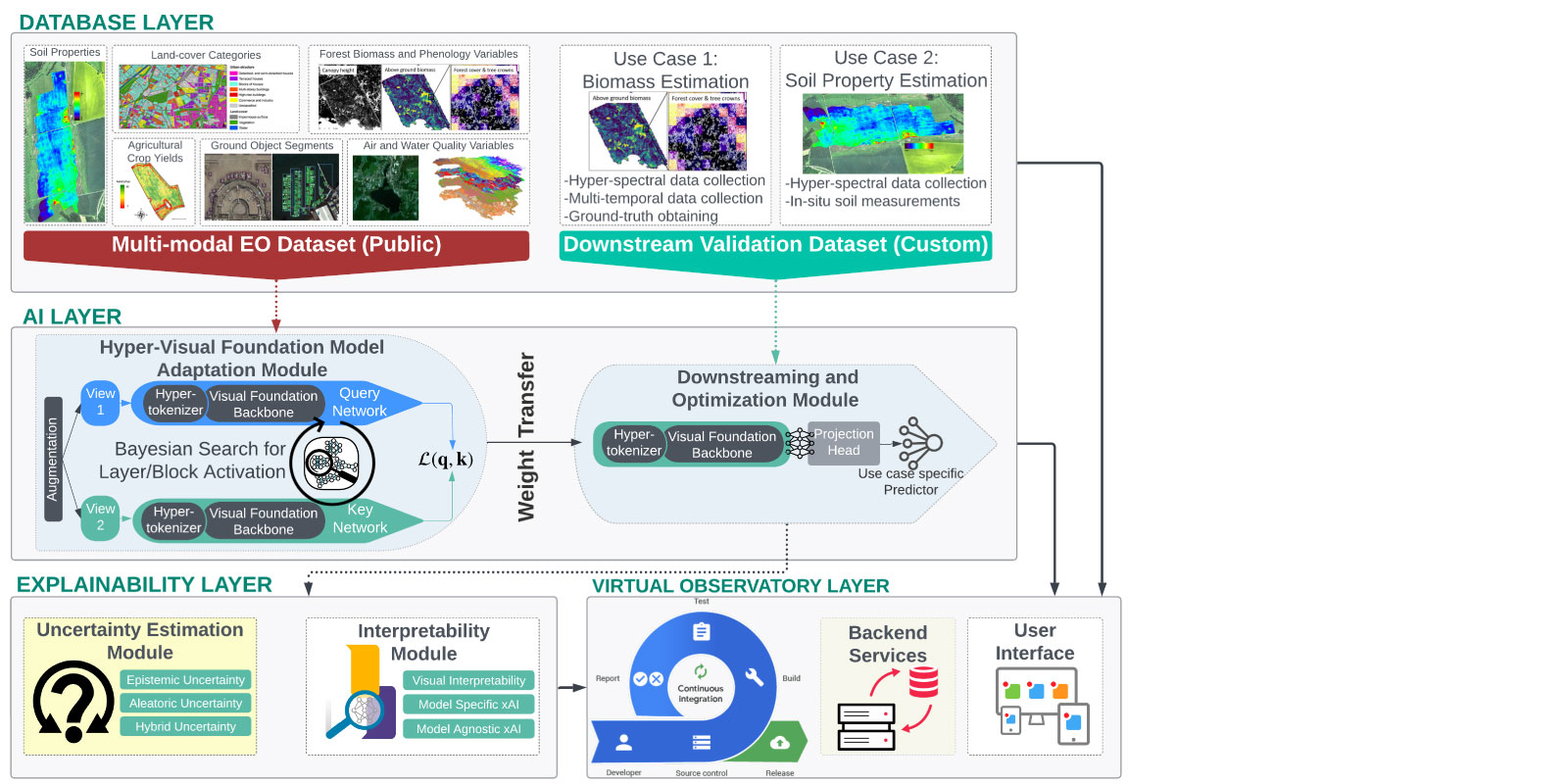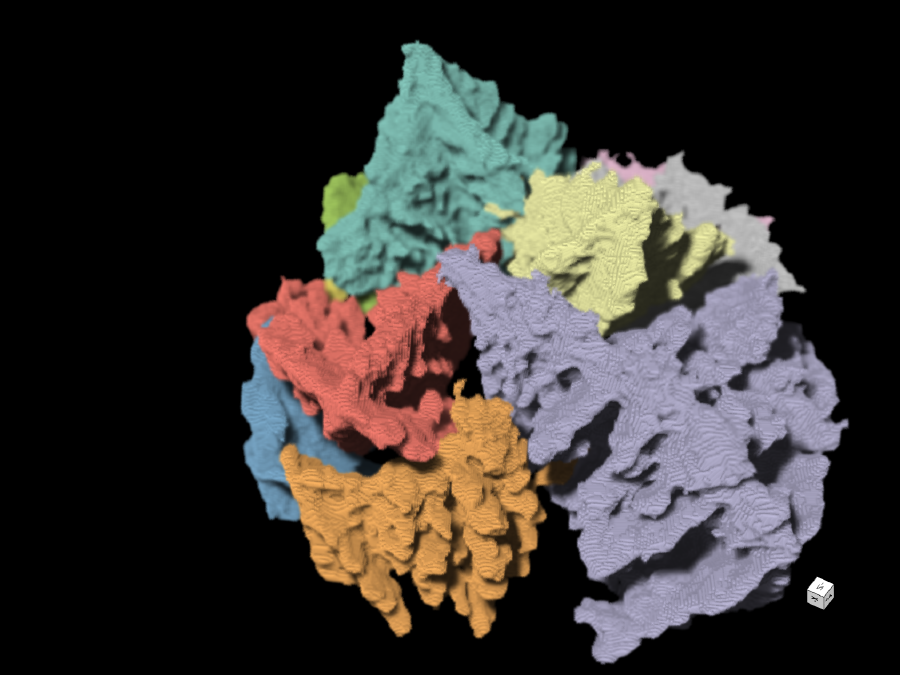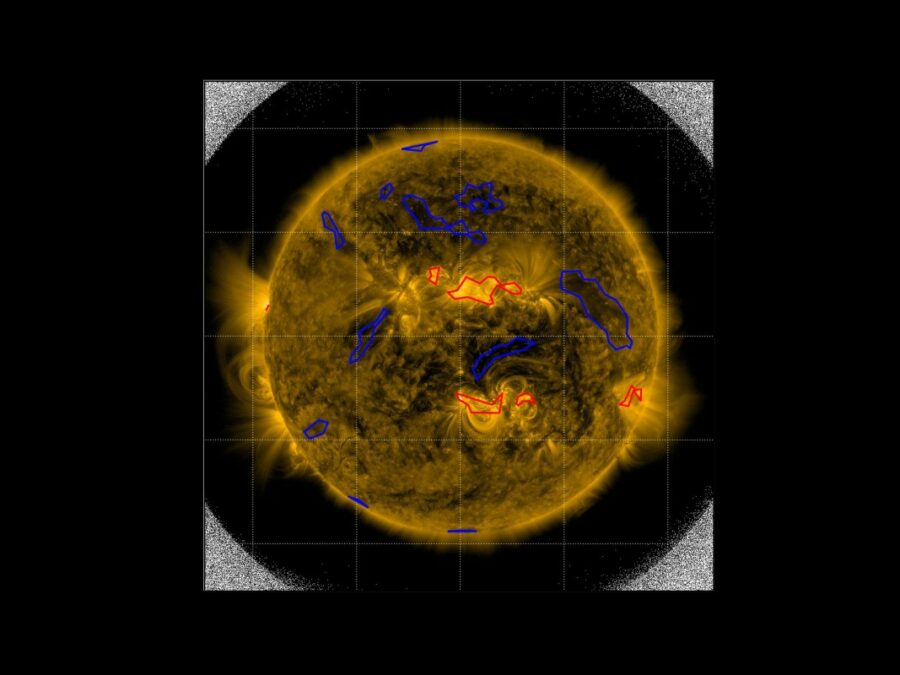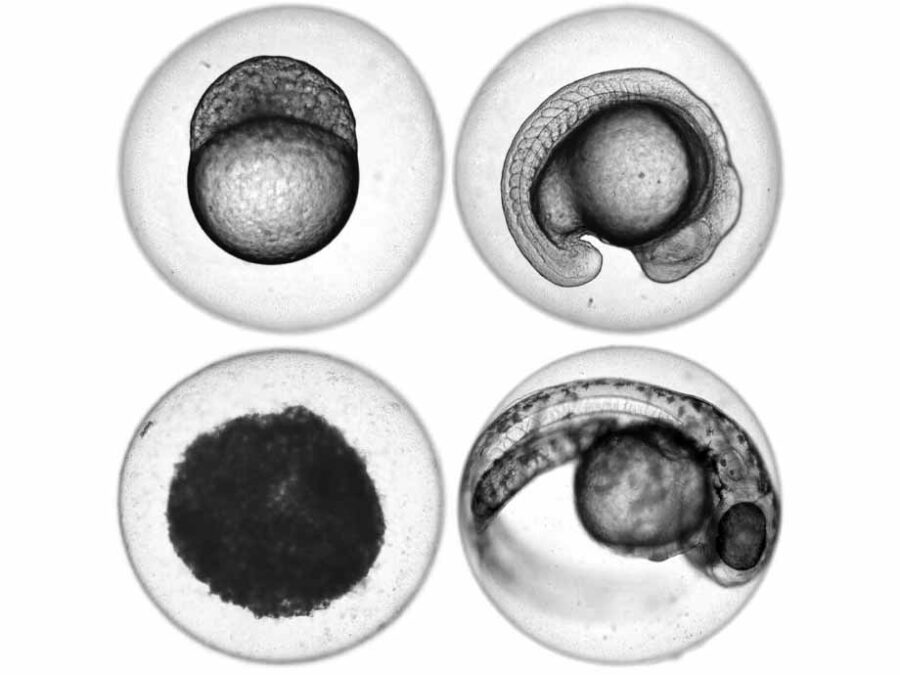HYPER-AMPLIFAI
Advancing Visual Foundation Models for Multi-/Hyperspectral Image Analysis in Agriculture/Forestry

The main goal of HYPER-AMPLIFAI is to improve the accessibility and democratization of visual foundation models (VFMs) in the field of Artificial Intelligence for Earth Observation (EO). This will be achieved by overcoming high computational requirements through the use of Bayesian neural activation, aspect ratio- and resolution-independent input tokenizers, and self-supervised learning for hyperspectral image analysis.
The framework developed in this project will be versatile, applicable to various EO use cases beyond the project’s immediate scope. Additionally, the project aims to curate high-quality hyperspectral imagery datasets by utilizing EnMAP and other imaging sensors, along with comprehensive ground measurements, to establish novel industrial benchmarks.
Furthermore, by providing user-friendly and interactive interfaces, the project will promote collaboration with stakeholders from various domains, particularly in agriculture and forestry, to improve environmental assessments and resource management.
Other projects
Avanti
X-ray tomoscopy of dynamic manufacturing processes
How can the manufacturing processes of materials be mapped at the smallest level? How do you train an artificial intelligence to analyze these processes automatically? That's the focus of the Avanti project, which aims to improve X-ray tomoscopy – the imaging and quantification of three-dimensional images of very fast-moving processes.SIM
Solar Image-based Modelling
The aim of the project is to develop an algorithm by which computers can automatically predict the space weather. This will make use of datasets of solar images that have been captured from space. The method could replace computationally demanding physics-based models and deliver space weather forecasts long before the effects of solar events are […]ImageTox
Automated image-based Detection of Early Toxicity Events in Zebrafish Larvae
ImageTox wants to establish an automated image-based system to assess zebrafish larval development. This will allow for a fast and unbiased evaluation of pathophysiological events during toxicological studies. To achieve this, the imaging process has to be optimized and a reliable model for sequence recognition based on deep learning has to be developed.

